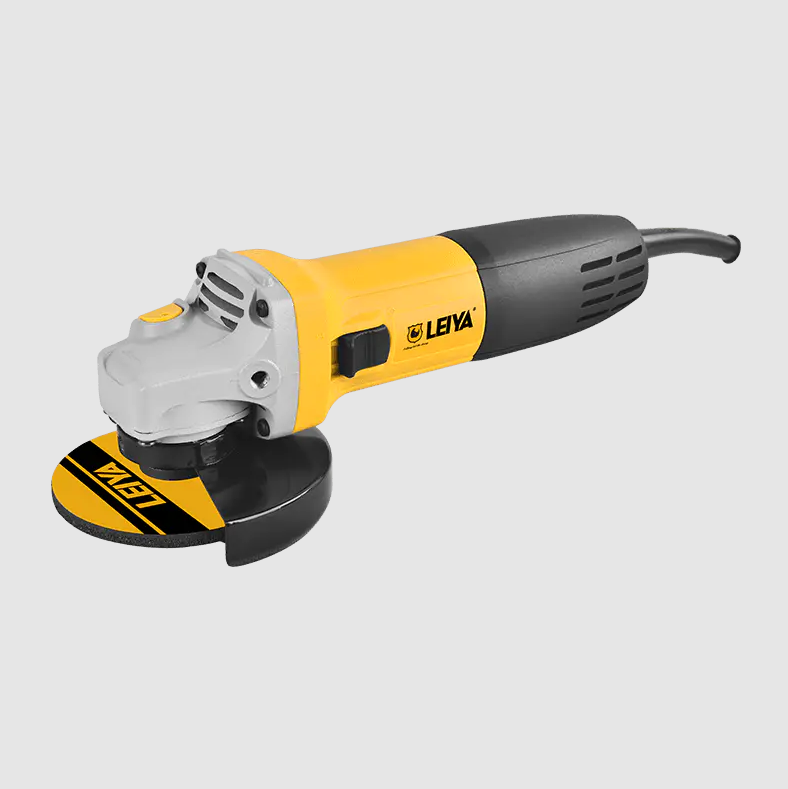Technology plays a central role in the operations of electric power tools factories. These factories employ advanced machinery and computerized systems to manufacture tools efficiently and consistently. The integration of automation has significantly reduced human error and increased production speeds.
For instance, robotic arms and automated assembly lines are commonly used to handle repetitive tasks, such as attaching components or tightening screws, which improves accuracy and reduces production time. CNC (computer numerical control) machines also play a significant role in the precise shaping of parts, ensuring that components fit together seamlessly.
In addition to automation, modern factories also use data-driven tools to monitor and improve production. Sensors and monitoring systems can track the performance of machines, alerting operators to any issues before they affect the manufacturing process. This helps prevent delays and ensures the factory runs at maximum efficiency.
Furthermore, the use of advanced software for design and modeling is becoming increasingly important in electric power tool production. Engineers can simulate various conditions and test tool designs before production begins. This reduces the need for physical prototypes and speeds up the overall development process.
Technology also contributes to the safety and sustainability of these factories. Automated systems reduce the risk of accidents, while environmentally friendly manufacturing practices help reduce waste and energy consumption, which is crucial for both regulatory compliance and corporate responsibility.

